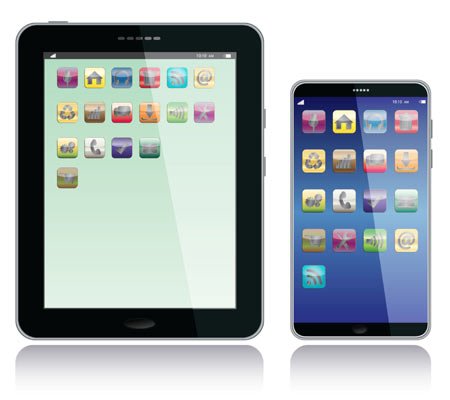MOBILE POS IS GROWING UP
Published by Gbaf News
Posted on December 3, 2014
4 min readLast updated: January 22, 2026

Published by Gbaf News
Posted on December 3, 2014
4 min readLast updated: January 22, 2026

By James Wester, IDC Financial Insights
With its push into international markets, Square joins the ranks of mobile point of sale providers moving beyond transactions and into bundled services for small businesses.
It was a big month for mobile POS provider Square. Early in November, company founder Jack Dorsey announced Square had processed its 1 billionth transaction. And then last week, the company announced its POS software will now be available in 130 international markets. That’s an important step and shows Square is growing up.
And it’s about time, frankly. There have been questions for some time about just how Square was adapting to a changing payment market-a market it had been so vital to disrupting in the first place.

The mobile POS market was arguably the first payment space to be disrupted by mobile devices, and Square, with its distinctive square dongle, was the best known of the crop of companies that entered the space at about the same time. With its international expansion, Square is now pushing beyond being just a provider of a dongle-on-a-smartphone, cookie-cutter solution. The company has tried to break out of that mold for some time, with varying degrees of success, but with international expansion the company is acknowledging it’s more than a provider of a cash register replacement-it’s a software provider.
The dirty little secret about providing payment processing to small businesses is that transactions processing is a hard business, one that requires a vast scale and huge volume. Catering to small merchants is a tough way to reach those volumes and traditional purveyors of merchant accounts, acquirers and their ISOs, often didn’t want the hassle. Square entered that space and made the process simple and easy for small merchants to obtain a merchant account. Unfortunately for Square and others, that market was made even harder by a host of competitors entering the space, offering few obstacles to switch from one provider to another.
While it has clearly been a net positive for micromerchants to have access to processing debit and credit cards as well as plenty of vendors to choose from, there was little the providers could do to differentiate their services outside of offering lower prices. The sheer number of providers all entering the space meant prices were pushed to the point where profitability was next to impossible. Verifone even pulled out of providing mobile POS solutions and sold its SAIL business to Capital One when it determined there wasn’t a profitable business worth pursuing.
So now instead of focusing on transactions, Square will take its lead from other providers (e.g. PayPal, Intuit and Amazon) and offer transaction processing as a part of a bundle of services aimed at small businesses. Other services in the bundle will include dashboards, reporting and business intelligence. And that’s really the way it should be. Transactions are only a part of the relationship merchants have with their customers and expanding beyond the point of sale to address other small business needs is smart.
The challenge for Square going forward is it is entering an even more competitive space. The small business software market includes vendors bundling payments with services like payroll, ecommerce, accounting, tax and CRM services. And in that world, Square will be a small player. (For comparison sake, Intuit recently reported that more than $1.5 trillion in commerce is invoiced through its Quickbooks Online tool every year.)
None of this is to say Square won’t succeed. Its approach to payments was based on simplifying merchant processing. If Square can keep its focus on simplifying other small business services, it may have found the next market it can disrupt.
You can read the original blog post here: https://idc-community.com/financial/financial-services-technology/mobile_pos_is_growing_up.
Explore more articles in the Top Stories category











